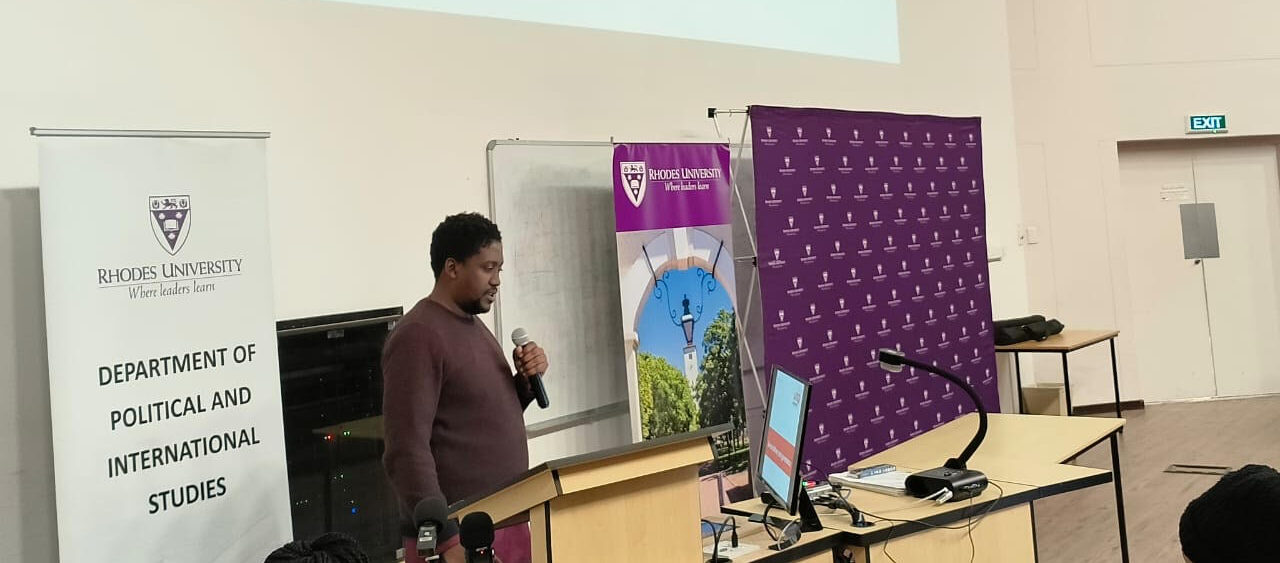by Anga-Anganda Bushwana
The Department of Political and International Studies’s annual four-day teach-in at Rhodes University got off to a great start with Sibusiso Nkomo of Afrobarometer speaking out on the energy crisis on 10 July.
Afrobarometer is a pan-African, independent research network that measures public attitudes on economic, political, and social matters in Africa, which has been collecting the views of citizens on load shedding. As Nkomo began his speech, the electricity went off, setting a very ironic tone for the lecture. Nkomo said that electricity was one of the top three problems in the country. Afrobarometer found that 32% of people living in South Africa experience the electricity crisis as a problem, after unemployment which 52% find to be the biggest problem, and crime and security, which 38% of all people found to be a problem.
In its surveys, Afrobarometer found that 59% of citizens, mainly those living under high levels of poverty, wanted Eskom to be privatised. In 2021, only 38% of people said they trusted the President, with this number decreasing to 27% in 2022. While in 2021, 28% of people said they trusted Parliament, this number decreased to 23% in 2022.
Nkomo added that 25% of people living in South Africa trusted Local Government in 2022, up from 24% in 2021 and 32% of people trusted the police in 2022, a decrease from the previous year’s 36%.
Speaking from the audience, student Simphiwe Mnyande said that it is quite clear that the problems of South Africa are intertwined in terms of corruption. He doubted that the government would allow Eskom, allegedly one of the vehicles of corruption to be privatised, because this would be giving a portion of a monopoly to the private sector, with mainly white CEOs.


